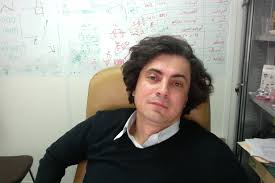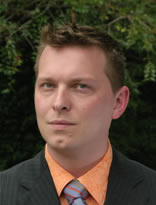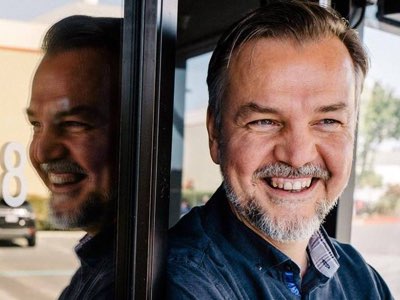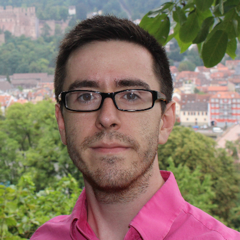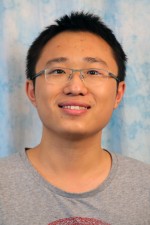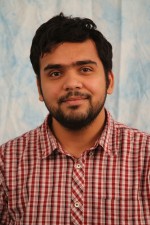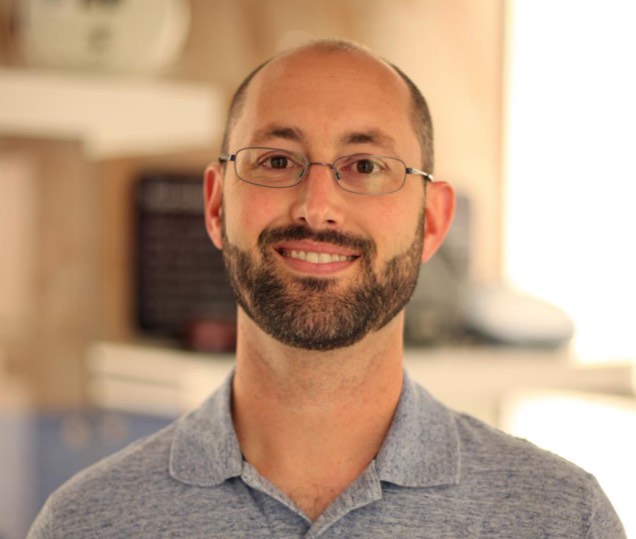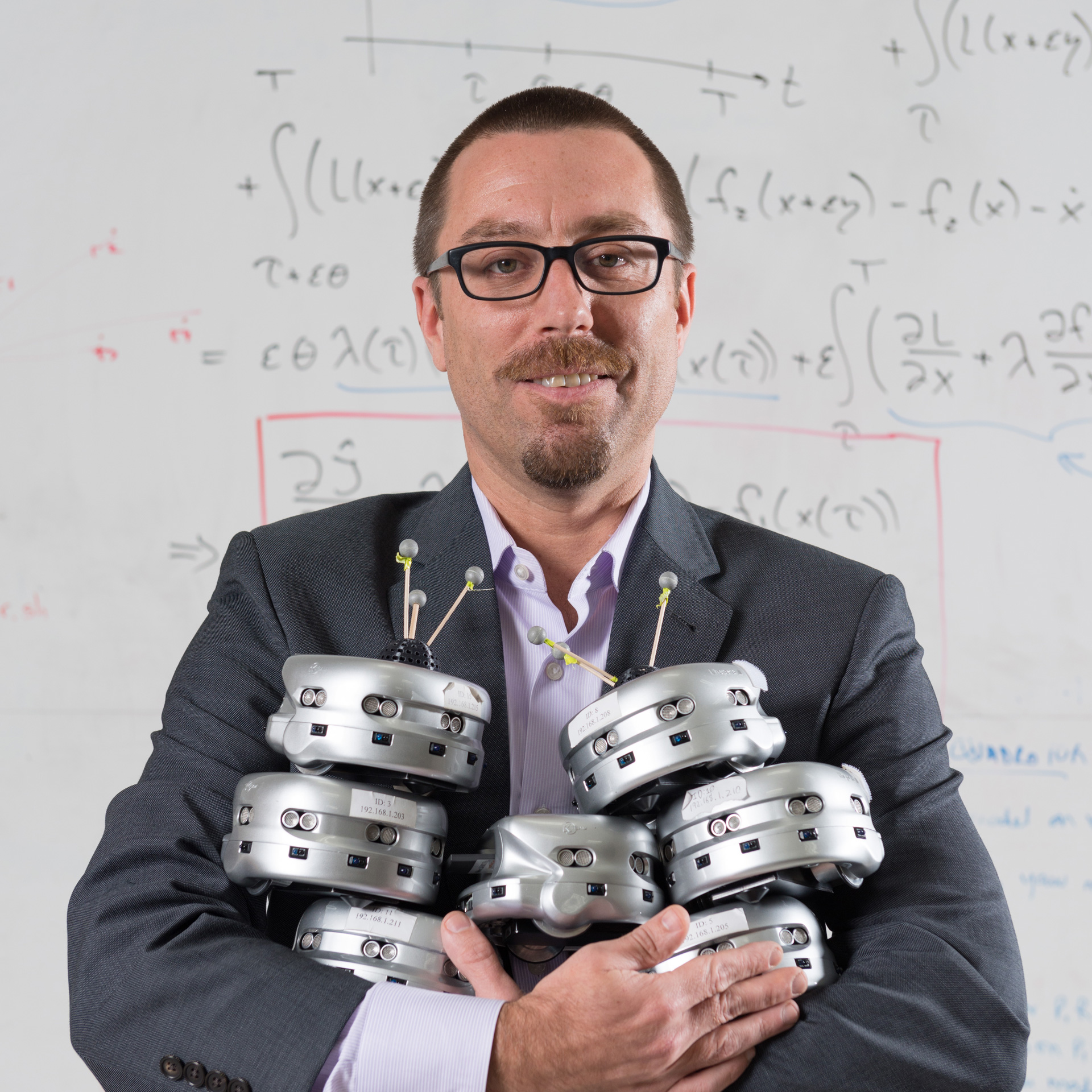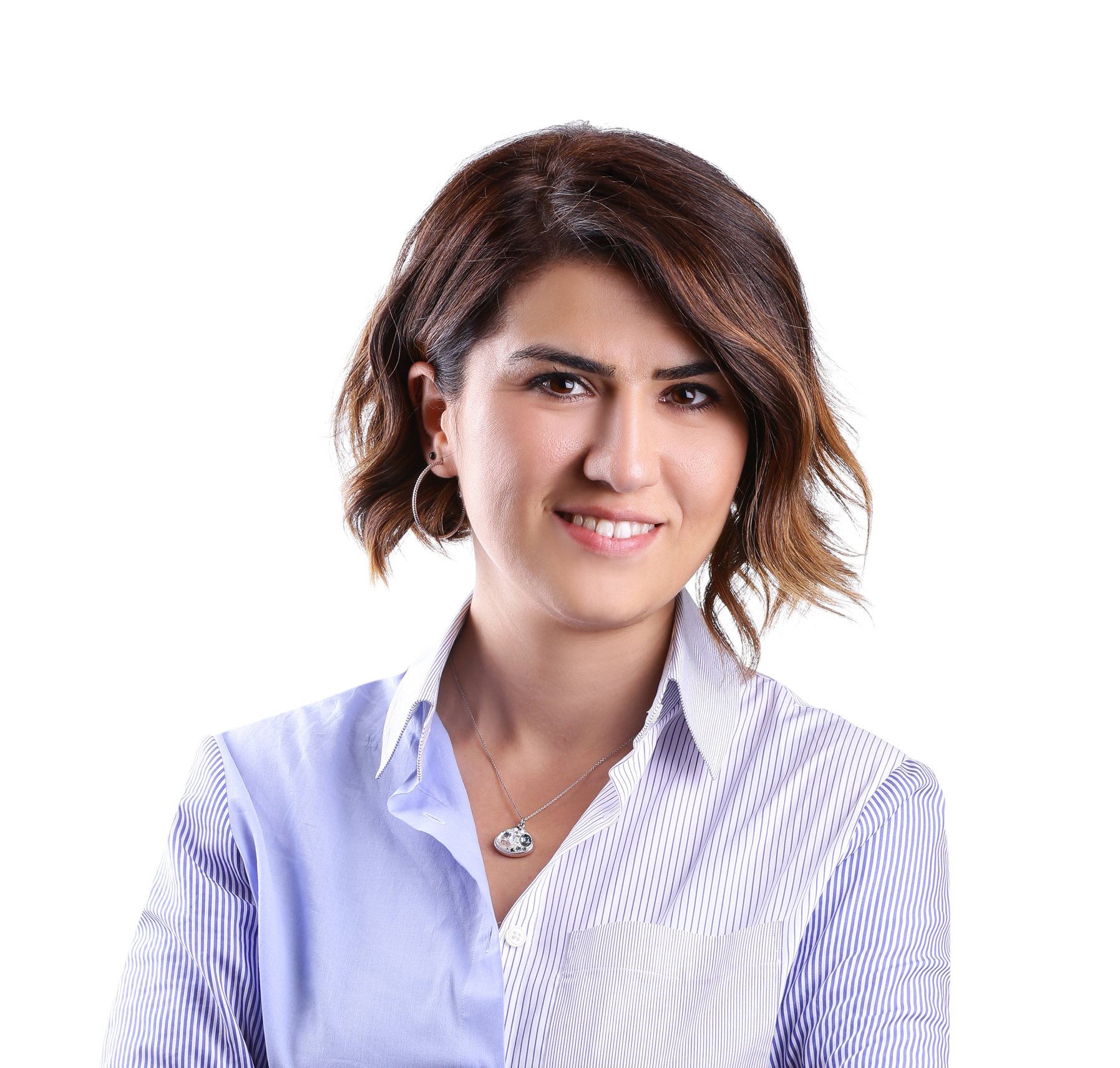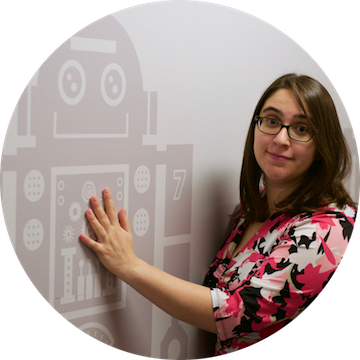Neuromorphic Event-based time oriented vision and Computation
Abstract: There has been significant research over the past two decades in developing new systems for spiking neural computation. The impact of neuromorphic concepts on recent developments in optical sensing, display and artificial vision is presented. State-of-the-art image sensors suffer from severe limitations imposed by their very principle of operation. These sensors acquire the visual [...]
“Does it look right? – Why capture and reconstruction quality really matter.”
Special RI Seminar Please Note Different Day and Time Abstract: At first sight, 3D reconstruction can be considered a solved problem. The principles are well understood and we can reconstruct a wide range of objects and scenes using active as well as passive reconstruction approached. However, most of these reconstructions are not convincing when really [...]
Factor Graphs and Automatic Differentiation for Flexible Inference in Robotics and Vision
PLEASE NOTE: THIS SEMINAR WILL NOT BE RECORDED Abstract: Simultaneous Localization and Mapping (SLAM) and Structure from Motion (SFM) are important and closely related problems in robotics and vision. I will review how SLAM, SFM and other problems in robotics and vision can be posed in terms of factor graphs, which provide a graphical language [...]
Towards Goal-Driven Visually Grounded Dialog Agents
Abstract: Communication between human users and artificial intelligences is essential for human-AI cooperative tasks. For these collaborations to extend into real environments, artificial agents must be able to perceive their environment (visually, aurally, tactilely, etc.) and to communicate with humans about it in order to accomplish mutual goals. For example, a user might talk with [...]
Carnegie Mellon University
Exploiting Redundancy for Learning Visual Representations
Abstract: Our visual world is highly structured and the visual data is highly redundant. In recent years, the computer vision field has been transformed by the success of Convolutional Neural Networks (ConvNets). However, the structure and redundancy in visual data has not been well explored in deep learning. The benefits of exploring data redundancy are [...]
Carnegie Mellon University
Adaptive Motion Planning
Abstract: Mobile robots are increasingly being deployed in the real world in response to a heightened demand for applications such as transportation, delivery and inspection. The motion planning systems for these robots are expected to have consistent performance across the wide range of scenarios that they encounter. While state-of-the-art planners, with provable worst-case guarantees, can [...]
Robots and the Smart Home
Abstract Home robots, such as the iRobot Roomba vacuuming robot, have been welcomed into millions of homes around the world and are hard at work every day helping people to get more done. iRobot is the market leader in home robotics and is at the forefront in developing technologies for practical robots, including visual SLAM, [...]
Long Duration Autonomy With Applications to Persistent Environmental Monitoring
Abstract: By now, we have a fairly good understanding of how to design coordinated control strategies for making teams of mobile robots achieve geometric objectives in a distributed manner, such as assembling shapes or covering areas. But, the mapping from high-level tasks to geometric objectives is not well understood. In this talk, we investigate this [...]
Faculty Candidate Talk: Extreme Motions in Natural and Synthetic Systems
Areas of Interest: Extreme motions of small-scale natural and synthetic systems Abstract: Small organisms can achieve extraordinary accelerations, speeds, and forces repeatedly throughout their lifespan with minimal costs. For example, bacteria can effectively swim in low Reynolds number environments, rotating their flagella at 100 Hz; mantis shrimp break clam shells with a single strike, [...]
Faculty Candidate Talk: Design and Evaluation of Everyday Interactive Robots
Areas of Interest: Human-Computer Interaction and Robotics Host: Aaron Steinfeld Admin Contact: Peggy Martin pm1e@andrew.cmu.edu As robots appear in more everyday environments, they will have new opportunities to enhance the lives of the people around them. Despite this potential gain, modern robots lack many of the necessary skills to effectively interact with people. In particular, almost all [...]
